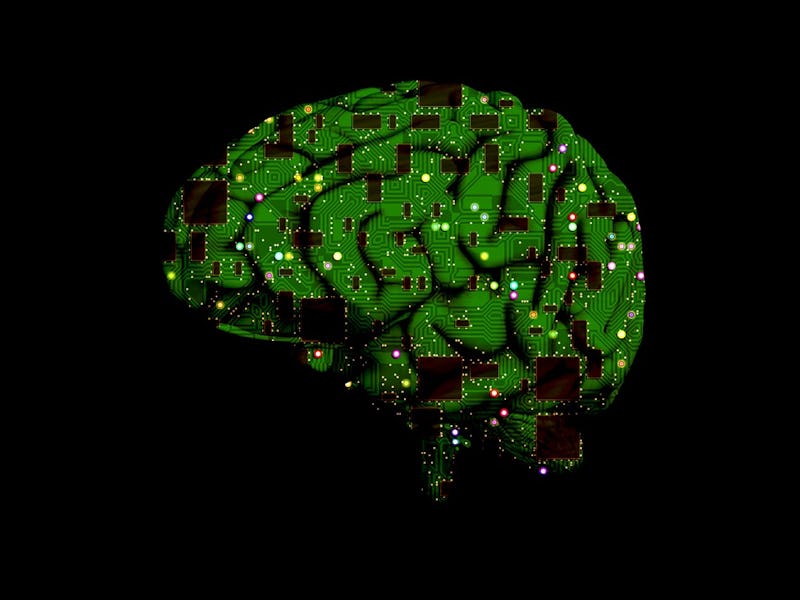Ending Net Neutrality Could Speed Up America's Science Brain Drain
The editors of Nature take a stand against the FCC's plan.

The Federal Communications Commission’s threat to eliminate net neutrality has already stoked the ire of teens, users of the internet freehold Reddit, and at least 39 United States senators. Now, the FCC can add the editors of the prestigious science journal Nature to the rapidly growing list of people who are out to stop its proposed plan.
The FCC should probably take their concerns into account, especially in light of a report on Monday that 13 frustrated American scientists, invited by French President Emmanuel Macron to “Make Our Planet Great Again,” are happily ditching the U.S. for the much more science-friendly community in France. Right now, America can’t afford to make conditions any more hostile to the science community, but if the FCC is allowed to go through with ending net neutrality, that’s exactly what’s going to happen.
In an editorial published on Tuesday, the Nature team argued that losing net neutrality could severely harm research by hindering the way scientific data is shared. Because scientists around the world rely on the ability to read and build on each others’ work — all of which they access online — interrupting the flow of information among them could prove to be a serious hindrance, the Nature editorial team writes.
The changes could affect traffic that routes through the United States, which includes plenty from South America, Central America and the Caribbean. So, in theory, terabytes of data sent from telescope arrays in Chile to physicists in Europe could be stuck in the digital slow lane as ISPs prioritize advertising-heavy social-media messages. Or universities and students, especially those in poorer countries, could face prohibitive access and download fees.
French President Emmanuel Macron has promised American scientists much more research-friendly conditions.
The ability of researchers to access each other’s work is already a controversial issue in the science community, in part due to the prohibitive subscription costs that many journals must maintain to stay afloat. Some open-access publishers exist to mitigate the research-hampering effects of this trend, including the Public Library of Science, the nonprofit open-access publisher that hosts the PLoS journals free of charge. Not surprisingly, PLoS has been very vocal in its support of Net Neutrality in recent months, as the Nature editors point out. Here’s how an official PLoS Blog first published in July summed up the publisher’s stance:
Allowing ISPs to sort traffic based on content, sender and receiver opens the door for corporate and government censorship which would greatly hinder access to scientific information around the globe.
Ending net neutrality may not have as immediate or obvious an effect on scientists as, say, President Donald Trump pulling out of the Paris climate change agreement, but the repercussions of doing so will definitely be felt in the long term — especially if it hands the keys to the U.S. government to censor what sort of data is getting passed around.
We’ve already seen glimpses of what could happen. In recent months, Trump’s administration has repeatedly crushed support of scientific endeavors — by making frequent cuts to the science budget, refusing to use the term “climate change,” and shrinking important environmental reserves — so it’s perhaps not surprising that so many scientists happily jumped ship at Macron’s invitation to “Make Our Planet Great Again.” Losing net neutrality will only push more of them overboard.